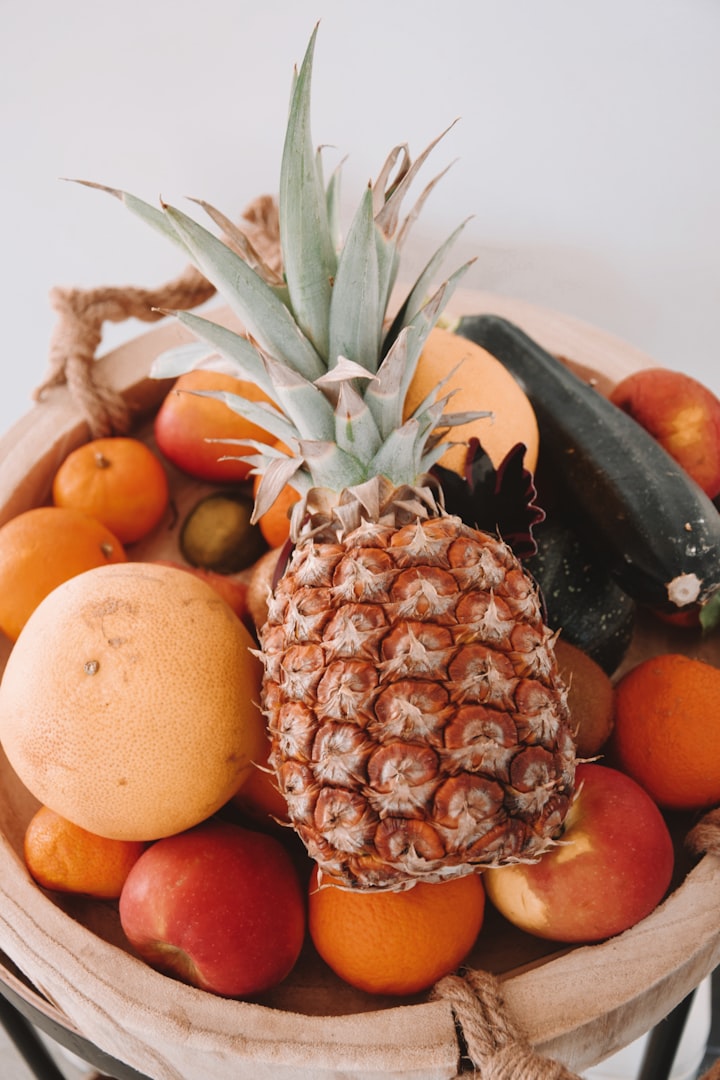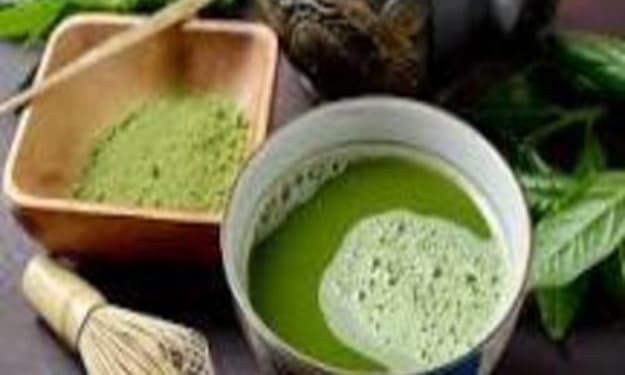Vitamins Help Us Overcome Depression And Anxiety
Vitamins are essential for the production of serotonin and other substances that help us to reduce anxiety and improve our mood.

Did you know that depression and anxiety occur when there is a chemical imbalance in the brain?
Although they can be triggered by a particular situation, the truth is that these feelings have their origin in the mind.
Psychological treatment is necessary. However, vitamins could also help you. Do you want to know how?
What vitamins do we need to fight depression and anxiety?
Being depressed or anxious is very common in today's times. Modern life leads us to be on the go all day long, to set our goals too high that we cannot always meet, to try to look good to others, to add more and more tasks to our agenda... The consequences are harmful, both for our body and for our mind.
If we add to that that we don't eat as we should, since we don't have time to cook or sit at the table and enjoy a nutritious breakfast, then the picture gets worse.
Eating a varied and healthy diet can help us reduce or even prevent the symptoms of depression and anxiety.
The vitamins that we need when we feel bad are the following:
1. Vitamin B2
Known as riboflavin, it is the vitamin that most people lack in Western or industrialized countries due to their diet.
This results in fatigue, difficulty concentrating and depression. In the case of having thyroid problems or being vegan, the deficiency of B2 is greater. You can find this vitamin in the following foods:
- Nuts
- Dairy products (milk, cheese)
- Egg whites
- Cereals
- Fish
2. Vitamin B3
Niacin is needed to create different hormones, such as serotonin, dopamine and histamine, all of which are responsible for our well-being and happiness.
If you eat a lot of starchy foods, you may be deficient in vitamin B3 and feel irritable, anxious or lethargic. The foods that contain the most of this nutrient are:
- Milk
- Eggs
- Rice
- Fish
- Enriched breads and cereals
- Lean meats
- Legumes
- White poultry meat
- Peanuts
3. Vitamin B6
This nutrient has the capacity to alleviate the symptoms of depression, since it intervenes in the production of serotonin, which is in charge of relaxing us and making us feel good.
According to a study carried out in Denmark, low levels of vitamin B6 are related to the appearance of depressive episodes. The main sources of B6 are:
- Chicken
- Salmon
- Beef liver
- Shrimp
- Dairy (milk and cheese)
- Spinach
- Wheat germ
- Sunflower seeds
4. Vitamin B12
It helps to regulate mood properly. Its deficiency is closely related to depression, so it is essential to include it in our diet. Of course it is also important to be healthier.
This nutrient also reduces anxiety by acting on some brain chemicals that cause or increase it. Among the most important sources of vitamin B12 we find:
- Red and white meats
- Eggs
- Seafood
- Brewer's yeast
- Dairy products
- Liver
5. Vitamin C
We know it for helping us to strengthen the immune system and prevent us from getting sick with the flu in winter. However, there are many more properties that this vitamin has.
For example, it helps to create noradrenaline and serotonin, two hormones related to well-being and energy.
You must take into account that its deficit causes both physical and mental illnesses. Do not forget, moreover, that it is rapidly eliminated from the body through urine.
Therefore, it would be good for you to incorporate it two or three times a day. The major sources of vitamin C are:
- Citrus fruits (orange, grapefruit).
- Melon and watermelon
- Kiwi
- Papaya and mango
- Pineapple
- Raspberries, strawberries, blackberries, blueberries, cranberries
- Cruciferous (broccoli, Brussels sprouts, kale, spinach, turnip, chard)
- Red and green peppers
- Tomato
- Potato and sweet potato
6. Vitamin D
Have you ever thought about why we are more depressed in winter than in summer?
Beyond the fact that low temperatures hardly allow us to leave the house, or that the snow and rain spoil our plans, the truth is that we feel sad because we are not in contact with the sun, the main source of vitamin D.
People who are not exposed 15 minutes a day to UV rays suffer from anxiety, insomnia, hypothyroidism and depression. Even if we think it is not present because the day is gray, the sun is always there, and it can help us feel better.
So both in winter and in summer a little time outdoors is beneficial to our health. In addition to the sun there are food sources to get vitamin D:
- Fish (tuna, salmon, mackerel).
- Beef liver
- Cheese and fortified milk
- Egg yolk
- Mushrooms
7. Vitamin E
It is an antioxidant that is widely used in beauty products, but it also has physical and emotional benefits.
Consuming vitamin E improves concentration, prevents anxiety and treats mild depression.
It also protects the brain from degenerative diseases. Where to get this nutrient?
- Vegetable oils (corn, soybean, sunflower or wheat germ).
- Nuts (walnuts, almonds, hazelnuts, peanuts)
- Sunflower seeds
- Spinach
- Broccoli
- Butter
To start incorporating all these vitamins into your diet, you need to eat a balanced diet. You can't miss them:
- Fish
- Vegetables (asparagus, spinach)
- Dairy products (Greek yogurt)
- Nuts (almonds)
- White meats (turkey)
- Cereals (oatmeal)
Conclusions about vitamins
In conclusion, vitamins, a balanced diet and a healthy life can help us a lot to regulate our mood.
Therefore, it is recommend an adequate intake of vitamins in the diet.
However, if you find the symptoms impossible to control, the safest thing to do is to see your clinical psychologist for professional treatment.
About the Creator
HowToFind .com
More info at https://howtofind.com






Comments
There are no comments for this story
Be the first to respond and start the conversation.